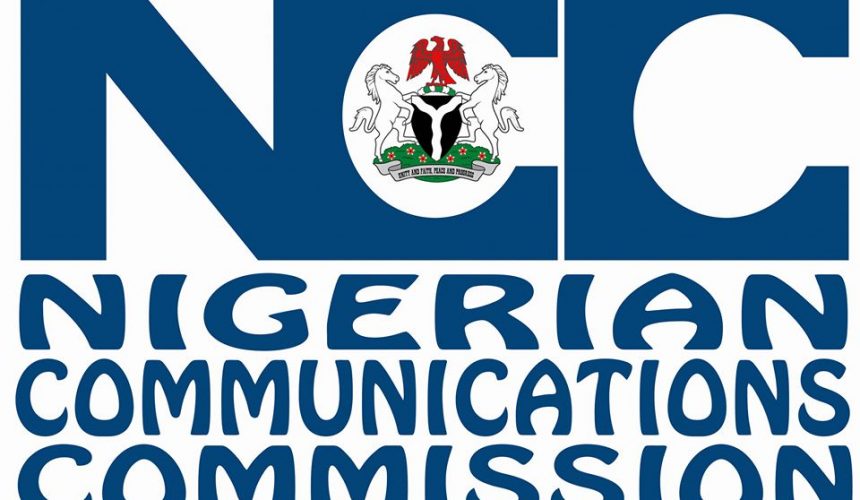In the realm of modern development, Information and Communications Technology (ICT) stands as a linchpin for economic growth and progress. The recent strides in automation, artificial intelligence, and expansive data access are revolutionizing not only communication methods but also penetrating every corner of traditional sectors — be it finance, healthcare, agriculture, or manufacturing.
Embracing technology not only enhances productivity, efficiency, and cost-effectiveness but also rectifies information imbalances. Nigeria has showcased a promising narrative in technology, notably with the success of the telecoms sector. However, critics contend that the nation has yet to reach its full potential, with smaller counterparts like Rwanda, Botswana, and Mauritius setting the pace across the continent.
To unleash the tremendous potential inherent in Nigeria’s ICT sector, experts advocate for a significant deviation from the norm. In light of this, the recent appointment of Dr. Bosun Tijani as minister has garnered widespread approval.
Dr. Bosun Tijani, a tech entrepreneur and co-founder of CcHub, now assumes the role of Nigeria’s Minister of Communications, Innovation, and Digital Economy. His entry into President Tinubu’s newly constituted ministerial cabinet injects the much-needed expertise derived from industry experience. Tijani faces a slew of unseen challenges as he transitions from the tech startup sphere into his new government role.
Tijani’s journey in technology spans academia and industry. Armed with a diploma in Computer Science, a B.Sc. in Economics, a Master’s from Warwick Business School, and a PhD in Innovation and Economic Development, his academic foundation is robust. Tijani has significantly impacted the tech arena; he transformed CcHUB from a local hub into a pan-African tech incubator, fostering young entrepreneurs across the continent. Moreover, he spearheads a billion naira growth fund for fledgling founders and orchestrated landmark events featuring luminaries like Mark Zuckerberg and Bill Gates.
Stepping from a fast-paced startup environment into Nigeria’s intricate government system presents a stark contrast for Tijani. In a democratic society like Nigeria, criticism of the government is an essential right, though its reception varies. Tijani has already extended apologies for past critical tweets during the Senate’s ministerial screening. His capacity to comprehend the system, forge ties with diverse political interests and civil servants, and transform innovative ideas into actionable policies poses a formidable challenge.
While Tijani’s appointment resonates positively within the startup community, he must also navigate the complexities of infrastructure providers powering the digital economy — encompassing telecoms, data centers, cable companies, satellite internet providers, and conventional logistics firms. Unlike his predecessor, Tijani may be seen as an outsider in the telecom industry, raising anticipation about his approach to pressing issues like multiple taxation, right of way, and vandalism in the sector.
The Minister of Communications and Digital Economy supervises pivotal parastatals, including the Nigerian Communication Commission (NCC), National Information Technology Development Agency (NITDA), Nigerian Postal Service (NIPOST), and more. Collaborating with experienced figures within these entities poses a unique challenge, as Tijani’s ability to engage with new leadership will be decisive. His influence over these entities holds substantial implications for the startup ecosystem’s future.
Industry stakeholders hold varying perspectives on Tijani’s appointment. Reacting to his appointment, the Association of Telecoms Companies of Nigeria (ATCON) commended President Bola Tinubu for the selection of an IT background appointee and deems it a signal of a dynamic industry approach. In a statement signed by its president, Tony Izuagbe Emoekpere, ATCON emphasizes the need for addressing infrastructure issues to foster innovation and digital job creation. “infrastructure, which if unresolved will not allow success in the application layers where most of the digital jobs reside. There is a great need to develop, secure and enable further expansion of communication infrastructure in the country. With a solid infrastructure base, innovative digital services, which can take advantage of the growing digital economy can be further developed and expanded to all areas of the country, especially the unserved and underserved areas,” Emoekpere said.
Dr. Bosun Tijani’s ascension to the role of Minister of Communications and Digital Economy marks a watershed for Nigeria’s tech ecosystem. However, his path is riddled with multifaceted challenges that will test his ability to drive change. His success or struggles will undoubtedly shape his tenure and impact the nation’s technological experience.






Comment
No comments found.